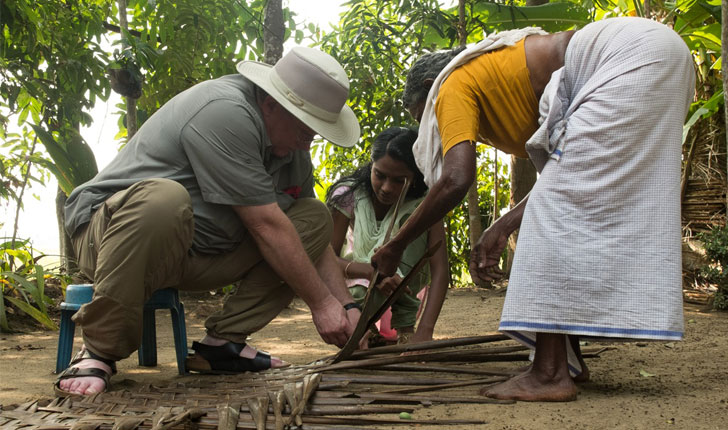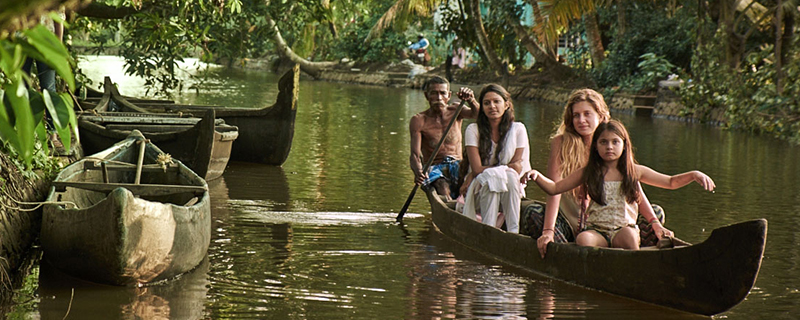Responsible Tourism is about using tourism to make better places for people to live in and better places for people to visit. 2017 is the UN’s International Year of Sustainable Development through Tourism. WTM is launching a new feature of WTM London, showcasing some of the ways in which tourists can engage positively with local communities purchasing local goods and services, contributing to the conservation of natural and cultural resources and valuing their community.
One of the core values of Responsible Tourism is respect between travellers or tourists, the guests, and the host communities. The language of hosts and guests is aspirational, but tourism is a social activity. It is what we make it. As Krippendorf pointed out in his seminal work, The Holiday Makers, ‘every individual tourist builds up or destroys human values while travelling’. We all make choices about how we travel. Responsible Tourism is about taking responsibility and recognising that tourism is what we make of it. We can use Responsible Tourism to enhance the experience, to make it more real and authentic. The Responsible Tourism approach works best when it engages the consumer, enabling the traveller, the holidaymaker, to have a better experience, and the community to have tourism on better terms.

Three of the characteristics of Responsible Tourism articulated in the Cape Town Declaration on Responsible Tourism in Destinations are that it:
- generates greater economic benefits for local people and enhances the well-being of host communities
- provides more enjoyable experiences for tourists through more meaningful connections with local people, and a greater understanding of local cultural, social and environmental issues;
- and is culturally sensitive, engenders respect between tourists and hosts, and builds local pride and confidence.
At WTM this year we have three conversations taking place on the Responsible Tourism Stand, each focused on the key question: How can we make tourism better for local communities and for the the ‘guests’? The aim is to put together from these conversations some best practice guidance about how to enhance the guest experience and make tourism better for hosts and guests alike. Come along and engage in the conversation – make your voice heard.
The sessions all take place on the Responsible Tourism Stand AF100. Come along to meet leading local tour operators, their source market partners, members of local communities and national government and tourist board leaders.
Monday 7th November 13:00-14:30 India: Enhancing the Tourist Experience
Wednesday 8th November 13:30 – 15:00 Enhancing the Tourist Experience in Africa
Wednesday 8th November 15:30 – 17:00 Guides – educators and cultural brokers
How do we best enable tourists to have positive encounters with local communities, their culture and environment? How do they see their responsibility? What do they think makes a good guide? How do they ensure that encounters are respectful, that hosts and guests create great memories and that the tourists have a great experience? Some short talks, some video and a conversation.


